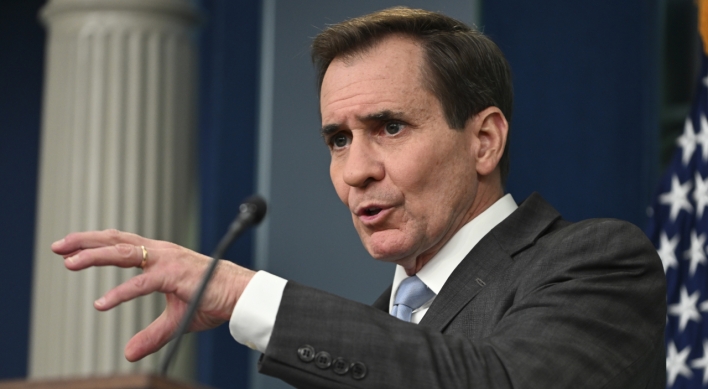Document shows Japanese coal mine had barbed wire fence to prevent Koreans from escaping
By KH디지털2Published : July 12, 2015 - 16:43
A Japanese coal mine built a 2-meter-high barbed wire fence at the dormitory of its Korean forced laborers to prevent them from escaping during World War II, a South Korean expert on the country's relationship with Japan said Sunday, citing a company document.
Yonhap News Agency exclusively obtained the document authored by the Yamano Coal Mine near Fukuoka from Kim Moon-gil, an honorary professor of Busan University of Foreign Studies. The mine is known to have been operated by the Japanese industrial giant Mitsubishi.
Kim said he found the document at an undisclosed Japanese museum Saturday.
The three-page document calls for the construction of a 210-centimeter-high and 255-meter-long barbed wire fence on the wall surrounding the dormitory of Korean workers at the coal mine to prevent them from climbing over it.
"This can be seen as clear proof that Koreans suffered from forced labor while practically being in a state of detention," said the expert who leads a research institute on Korean-Japanese culture.
The document also stated that the barbed wire construction was scheduled to begin on March 1, 1944, for completion on March 31, the same year.
The find came as Japan seeks to water down its statement about what happened at the Meiji-era industrial sites, which were inscribed on UNESCO's World Heritage list last Sunday.
After Tokyo accepted Seoul's demand to acknowledge that Koreans were forced to work at seven of the sites during World War II, Japanese Ambassador to UNESCO Kuni Sato admitted in an English statement during the annual session of the World Heritage Committee that there was "a large number of Koreans and others who were brought against their will and forced to work under harsh conditions in the 1940s at some of the sites." The South Korean government put the number of workers at around 57,000.
But Japan's Chief Cabinet Secretary Yoshihide Suga later said during a regular press conference that while Koreans were forced to work at several sites, they were not "forced laborers." Foreign Minister Fumio Kishida also told reporters in Japan that the acknowledgement of "forced to work" does not mean that the labor was forced. (Yonhap)





![[Music in drama] Rekindle a love that slipped through your fingers](http://res.heraldm.com/phpwas/restmb_idxmake.php?idx=644&simg=/content/image/2024/05/01/20240501050484_0.jpg&u=20240501151646)




![[New faces of Assembly] Architect behind ‘audacious initiative’ believes in denuclearized North Korea](http://res.heraldm.com/phpwas/restmb_idxmake.php?idx=644&simg=/content/image/2024/05/01/20240501050627_0.jpg&u=20240502093000)







![[Today’s K-pop] Stray Kids go gold in US with ‘Maniac’](http://res.heraldm.com/phpwas/restmb_idxmake.php?idx=642&simg=/content/image/2024/05/02/20240502050771_0.jpg&u=)